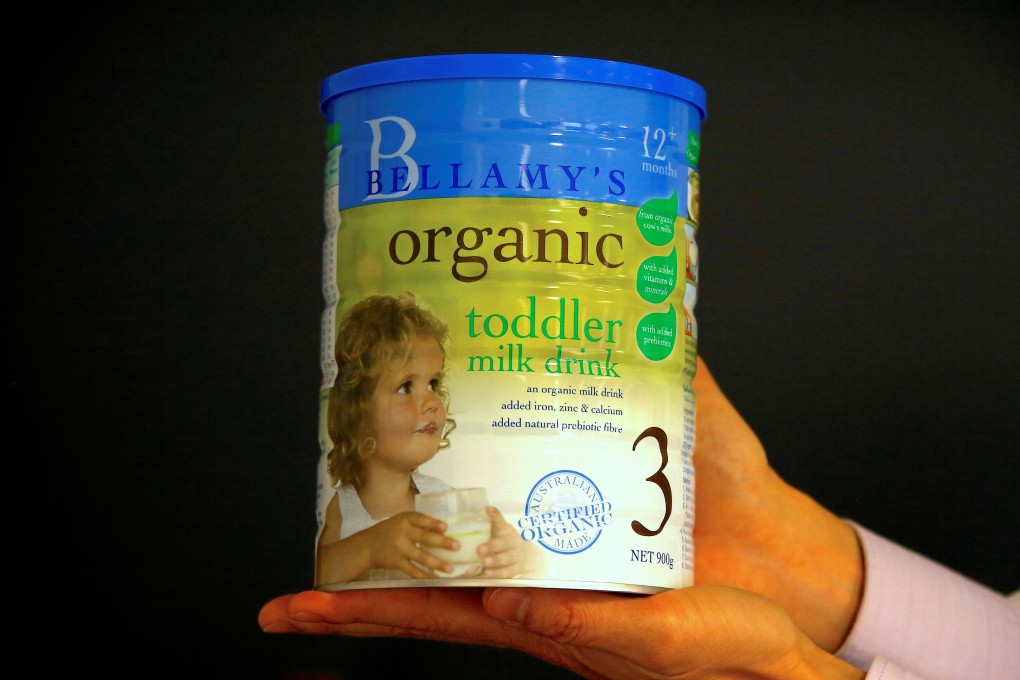Nations must show investment sense
- As China seeks to diversify assets and ensure security of supply, especially for food, it faces thorough scrutiny from countries suspicious of its intentions

An Australian baby milk formula company would not usually be considered a sensitive asset. But in a climate of concern in Western countries about Beijing’s intentions, the planned acquisition of Bellamy’s Organic by China Mengniu Dairy will be thoroughly scrutinised.
The deal has to be taken up by the nation’s Foreign Investment Review Board as a matter of course; rules require that of companies linked to state-owned enterprises, as the Chinese firm is. There is great mistrust of China in Australia, though, leading to the purchase getting an extraordinary amount of public attention.
Shareholders back Mengniu’s A$1.5 billion offer (US$1 billion), which has lifted Bellamy’s value by more than 50 per cent. The deal makes good sense for both firms, giving greater access to the Chinese market, where 15 million babies are born each year.
China’s mothers are already familiar with the brand, which capitalised on the 2008 melamine scandal to gain a foothold and build a reputation as a trusted product. The deal can hardly be viewed as a strategic, security or intellectual property threat.
Bellamy’s gets most of the raw materials for its milk powder from overseas, so such supplies are not at risk for Australia. Intellectual property should not be of concern, nor can the product be called a strategic asset, like an airport.